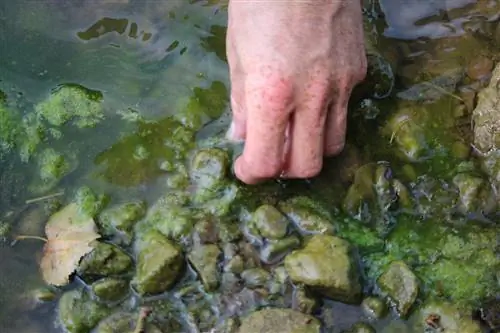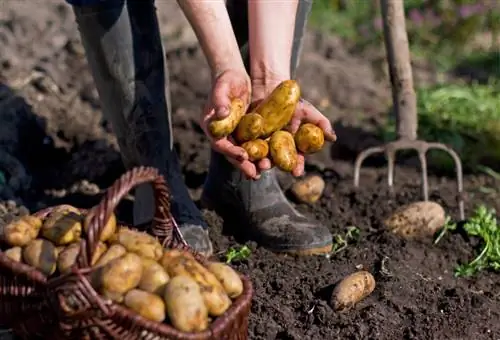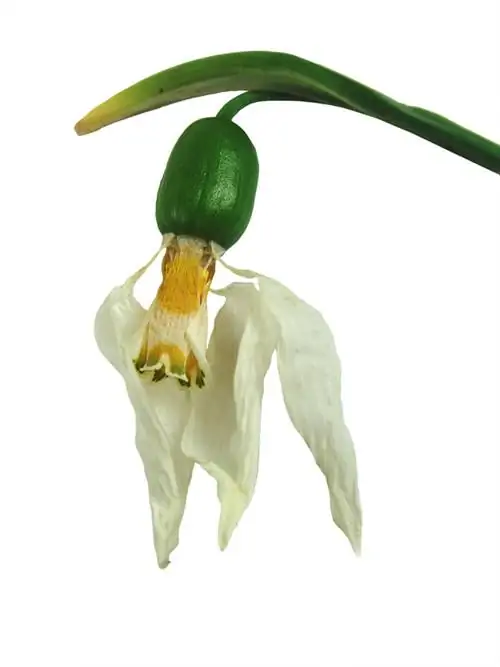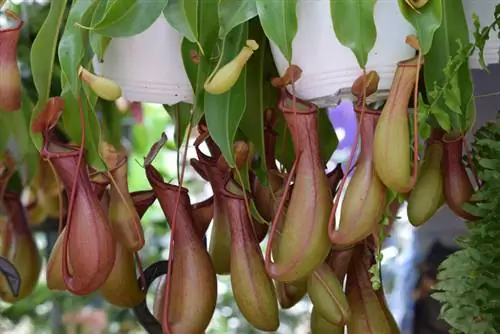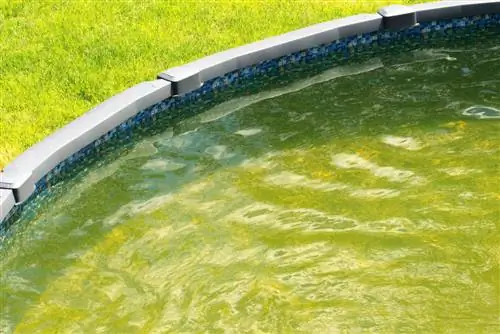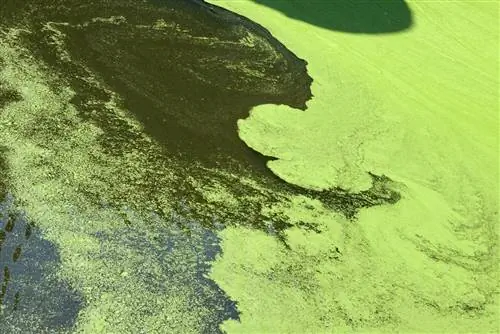- Author admin leonars@hobbygardeners.com.
- Public 2024-01-05 20:48.
- Last modified 2025-01-23 11:22.
Algae are a group of strange creatures with very different appearances and habitats. Their diet is just as mysterious as their existence. What does algae actually live on? This article is intended to shed some light on the darkness of the strange creatures' diet.
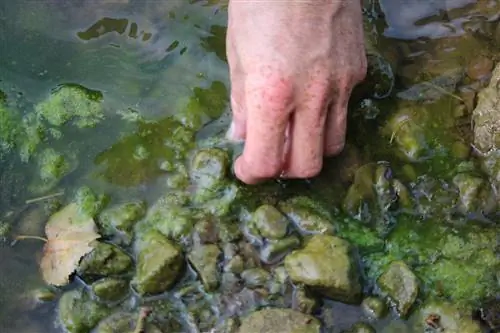
What does algae feed on?
Algae feed on light, air and water through photosynthesis. Using the energy of sunlight, algae obtain the required glucose and (unneeded) oxygen from water and carbon dioxide. The water also contains important nutrients such as phosphate and nitrate.
How do algae feed?
Algae feed similarly to plantsthrough photosynthesisBut they are neither plants nor animals. Sun provides the algae with the energy they need to photosynthesize from water and Carbon dioxide to obtain the required glucose (=sugar). This also creates oxygen, which the algae do not need but release into the environment. This makes algae very valuable for the world and the climate.
What do algae need to grow?
Algae mainly needlight and waterto grow, as well as some nutrients such as phosphate and nitrate as well as sugar, which they obtain through photosynthesis. An oversupply of Nutrients quickly lead to excessive algae growth. An oversupply can easily arise from dying aquatic plants or fish droppings. On the other hand, some types of algae are readily eaten by fish.
Where does algae grow best?
Algae arequite undemanding, they grow wherever they find enough light, moisture and nutrients. This can also simply be on damp stones in the garden. However, most algae grow directly in water. Depending on the type, this can be fresh or s alt water, i.e. in the sea, in lakes or even in ponds.
Can you also grow algae?
Yes, algae canbe grown very well, even as an experiment at home. The best way to do this is to take the microalgae spirulina, which is also often used as a dietary supplement. In many Asian countries, such as China, Korea or Indonesia, some types of algae are cultivated industrially. These are mainly macroalgae that serve as food, such as wakame.
Tip
Valuable ingredients of algae
It's not for nothing that algae are considered he althy foods; they contain many valuable vital substances. First and foremost, there are vitamins and protein, but algae also contains calcium, magnesium and potassium as well as some other minerals. However, you should keep in mind that in Europe it is mainly dried seaweed that comes onto the market. These should be soaked before preparation.

